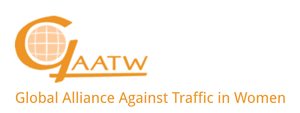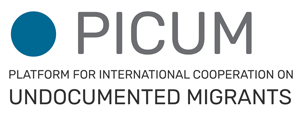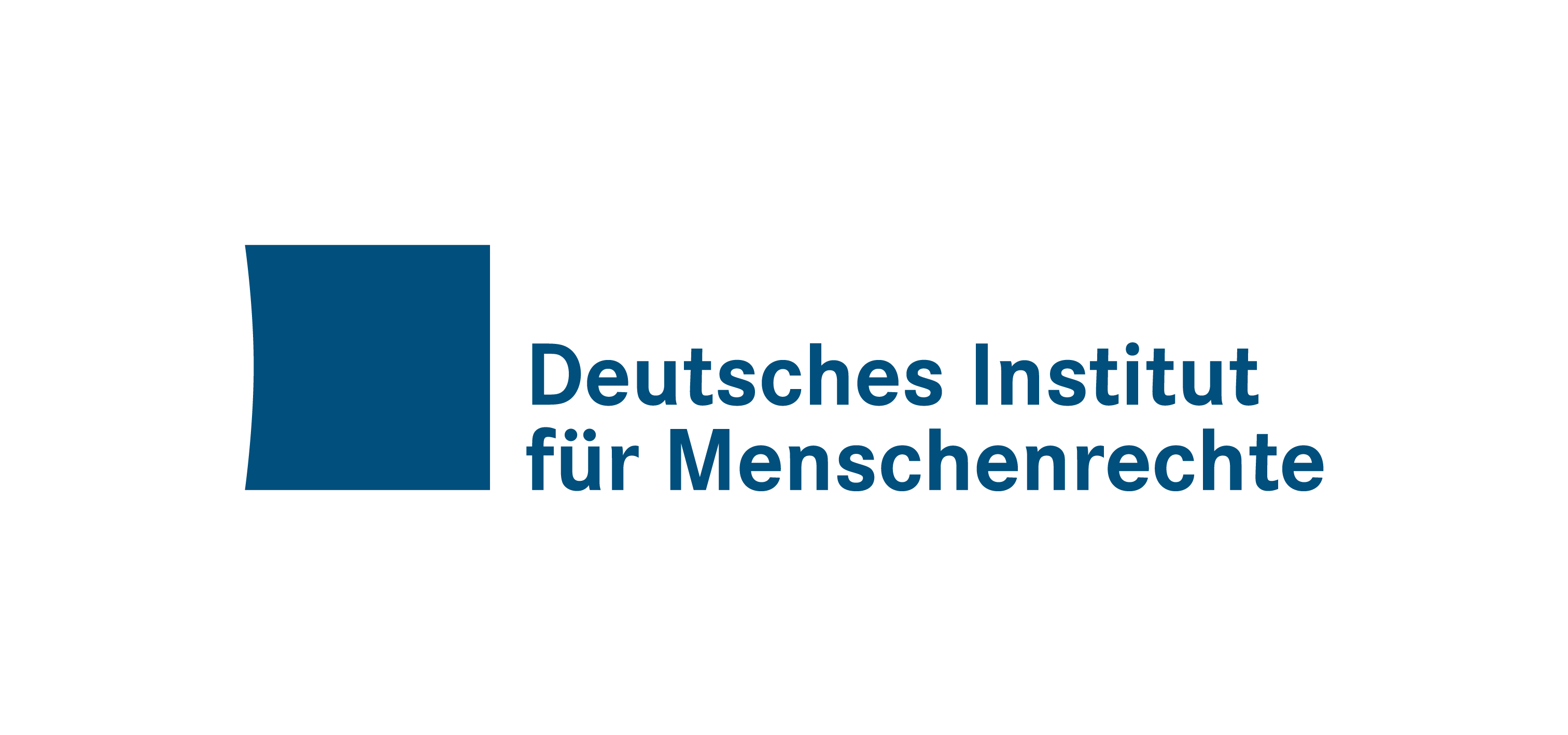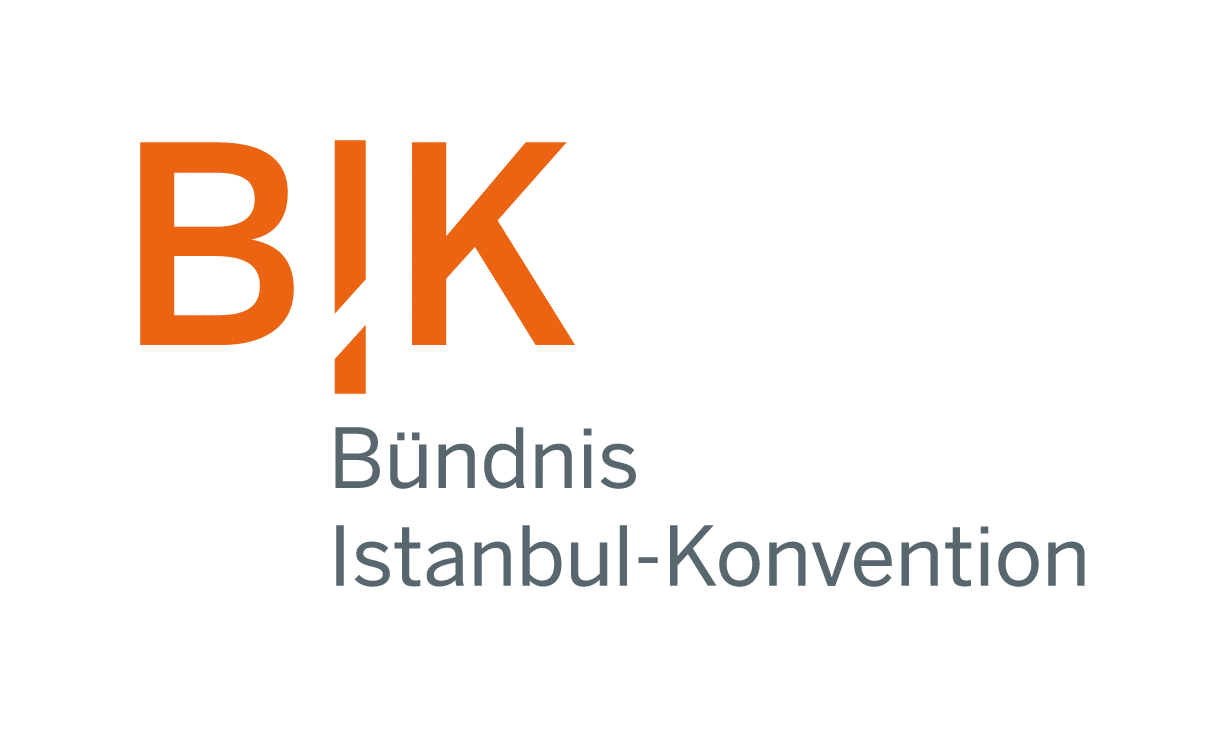ECtHR, Judgment as of 1/7/2010
Number of remonstrance 25965/04
Key issues
Prohibition of forced labour - Article 4 of the European Convention on Human Rights (ECHR) ; affirmation that Article 4 applies to cases of human trafficking; human trafficking for the purposes of sexual exploitation; obligation of the state regarding human trafficking.
Summary
Outcome
In the decision "Rantsev versus Cypress and Russia", the European Court of Human Rights (ECtHR) in Strasbourg held in 2010 that Article 4 of the European Convention for the Protection of Human Rights and Fundamental Freedoms (European Human Rights Convention/ECHR) (is to be applied to cases of human trafficking. Article 4 establishes the prohibition of forced labour.
As in previous decisions, the ECtHR held that the contracting states are obligated by operation of Article 4 to enact legislation adequately effective for prosecuting human trafficking, for ensuring victim protection, and for the purposes of prevention. In this decision, the court widened the scope of the state’s positive obligation pursuant to Article 4 for the first time to include the obligation to also frame the laws in other areas, such as immigration law, in a way that does not foster human trafficking.
Facts of the case
Ms Rantseva, a 20-year old Russian woman, travelled to Cypress in 2001 on a tourist visa. She received a work permit as an “artiste” in a cabaret. Her residence and work permit for this were tied to an employer. The employer had to provide a bond covering any costs the state might incur in the event of a violation by Ms Rantseva of her visa conditions. It was common knowledge in Cypress at that time that this way of entering the country and the legal façade of the artiste visas were often being used for the purposes of illegal prostitution and also as a cover up for human trafficking.
Ms Rantseva disappeared from the cabaret after three days. Ten days later her employer found her in a discotheque and brought her to the police. He gave the authorities her passport and other documents and demanded her expulsion from the country so that he could allegedly fill her job with another female migrant. But because there was nothing illegal about her in terms of immigration law, the police demanded that the employer take Ms Rantseva back with him. The employer then brought her to an apartment. On the following day she was found dead on the sidewalk in front of it.
The proceedings in Cypress
In the course of the police investigations in Cypress, the police concluded on the basis of an autopsy that the cause of the woman’s death was accidental and that no third person was criminally liable for her death. The investigation was therefore closed.
After the body was transferred back to Russia, it was discovered there that Ms Rantseva had suffered a variety of serious injuries prior to her death. The deceased’s father tried unsuccessfully for years to have the investigations reopened in Cypress.
Independent reports
Parallel to this, the Ombudswoman for Cypress and the Commissioner for Human Rights of the Council of Europe had prepared independent reports on human trafficking in Cypress. These reports were relied on in the later proceedings before the European Court of Human Rights to demonstrate the situation in Cypress.
In response to this case and cases similar to it, the Ombudswoman for Cypress decided to look into the reports that already existed on human trafficking. She reported in 2003 that it had been well known for a long time already that women were migrating into the country on the basis of artiste visas and working there as prostitutes. They were being surveilled, their papers were being taken away from them, and they were not allowed to move about freely. And if the women did not agree with the kind of work or with the working conditions, they were reported to the immigration authorities. Their residence permits were then cancelled and they were expelled from the country. The government measures that were taken in response to complaints were inadequate. And although the person concerned would then be assigned to a new employer, the legal as well as the factual conditions remained the same. The legal framework for combating human trafficking was assessed by the Ombudswoman as being adequate in general, but the enforcing of the law and the state of knowledge of the public authorities was criticized as being inadequate.
The Commissioner for Human Rights of the Council of Europe criticized the situation again in his reports in 2004 and 2008. One of the concrete things addressed by him was the way the visas were being issued. According to him, experience in other EU countries had shown that it might be better if the women had to apply for their visas themselves, which would enable them to obtain some advice. His 2008 report showed that the old practice of issuing visas was still in place. The report concluded that the common practice of handing the women an information brochure when they entered the country was not very effective, even if the brochures have to be read and signed in the presence of the personnel of the public authorities.
Proceedings before the European Court of Human Rights (ECtHR)
The father of Ms Rantseva brought an individual application against Cypress and Russia in May 2004 to the European Court of Human Rights in Strasbourg. He contended that the Cypriot public authorities had violated Articles 2, 3, 4, 5, and 8 of the European Convention on Human Rights (ECHR) in that they had failed to protect his daughter and failed to adequately investigate the cause of her death. He accused the Russian authorities of failing to investigate the death and of failing to take any protectionary measures.
Cypress admitted, for the most part, to having committed the violations it had been accused of and offered in April 2009 to pay compensation in the amount of EUR 37,300. The accompanying application to end the proceedings at this point was rejected by the court, because the court wished to further develop its decisions regarding Article 4 ECHR and because of the gravity of the accusations made about the situation in Cypress. The case was given priority by the court despite the court’s very heavy workload.
Holdings of the court re the scope of Article 4 ECHR (Prohibition of forced labour)
The court discussed the issue of whether the case fell within the scope of Article 4 ECHR. The wording of Article 4 explicitly refers to slavery, servitude, and forced labour. The words "human trafficking" do not appear anywhere in the body of the ECHR.
In the Rantsev case, the ECtHR widened the scope of application of Article 4 to include the concept of human trafficking as defined by Article 3 of the supplementary Protocol to the United Nations Convention against Transnational Organized Crime of 15 November 2000 ("Palermo Protocol") and Article 4a of the Council of Europe Convention on Action against Trafficking in Human Beings of 16 May 2005 (the so-called Council of Europe Convention against Trafficking in Human Beings). In arriving at this, the court referred to decisions of the ad hoc tribunal of Yugoslavia. Modern forms of slavery, as per this tribunal, are no longer based on the concept of ownership (person A legally belongs to person B), but the acts that are typically associated with such have the same effects. Surveillance, coercion, violence, and threatening lead to a de facto power of control over another person that is tantamount in its effect to a legal power of control over them.
Holdings on the positive obligations arising from Article 4 ECHR
The court relied on the provisions of the Palermo Protocol and the Council of Europe Convention against Trafficking in Human Beings to define the parameters of the positive obligations imposed on states by operation of Article 4. Both pieces of legislation recognize the necessity of a comprehensive approach to the combating of human trafficking. The positive obligations imposed on the states with respect to human trafficking extend to the areas of prevention, protection, and criminal prosecution.
Within these three areas, the states have an obligation at both the law enactment level and at the law enforcement level. The court was of the opinion that Cypress had breached its obligations at both levels:
a) Law enactment
In the court’s opinion, Cypress had fulfilled its obligations in the area of criminal legislation.
But in the area of immigration law, the ECtHR found that Cypress had breached its obligation because the legal framework regulating the way visas were being issued fostered human trafficking. Through the fact that it was the employer who applied for the visa and who had to provide a bond to pay for any possible visa violations, a dependency was created that provided fertile ground for exploitation.
b) Law enforcement
The state also has an obligation to enforce the rules and prohibitions pursuant to Article 4. In support of this, the court applied its own line of reasoning from its decisions on Articles 2 and 3 ECHR. This means that when the state is aware of facts/circumstances that give rise to a credible suspicion that a person is at risk, then the state must take action to protect this person. For the criminal prosecution, this means that the state is obligated to investigate promptly, effectively, and independent of any criminal complaint lodged by the victim. When a potentially harmful situation exists, then the urgency of such investigation increases.
The court found that Cypress had breached its obligations here as well.
In the opinion of the ECtHR, the authorities knew that human trafficking was going on within the context of the artiste visas. This knowledge, combined with the concrete circumstances under which Ms Rantseva was brought to the police, were grounds enough for a credible suspicion that she was the victim of human trafficking or that she was at least in danger.
The actual breach of obligation was regarded by the ECtHR to lie in the failure of the police to properly question Ms Rantseva and in the handing over of her to the employer.
Russia too was held to have violated Article 4 of the European Convention on Human Rights. According to the Palermo Protocol and the Council of Europe Convention against Trafficking in Human Beings, it is a criminal offence to recruit victims for the purposes of human trafficking. The authorities should therefore have at least investigated whether Ms Rantseva had been recruited locally.
For these breaches of obligations, Cypress was ordered to pay EUR 40,000 in damages and EUR 3,150 as reimbursement of the costs and the disbursements for the proceedings. Russia was ordered to pay EUR 2,000 in damages.
Decision in full text:










